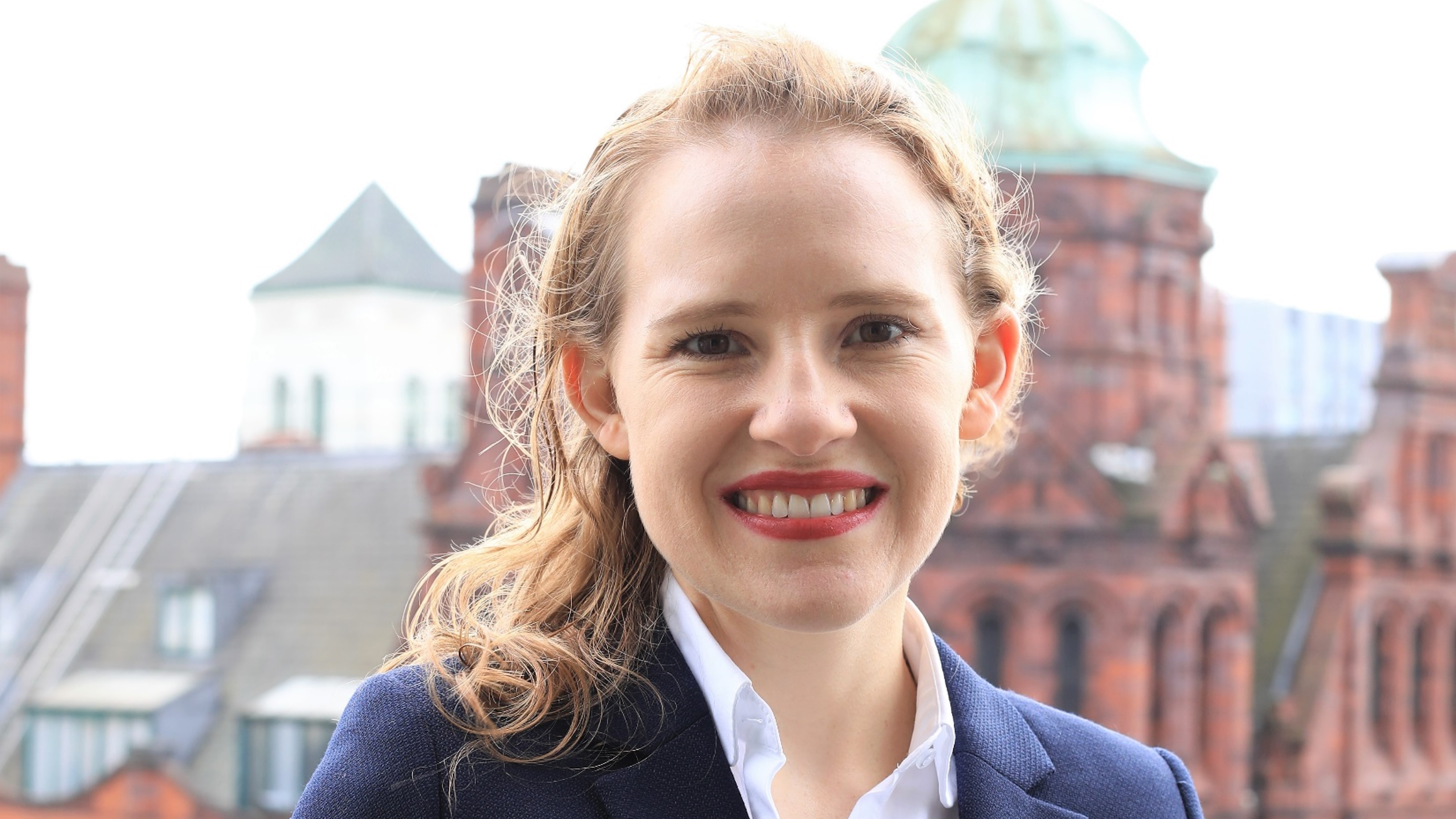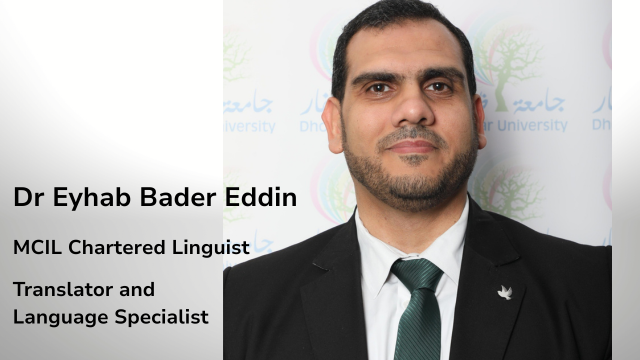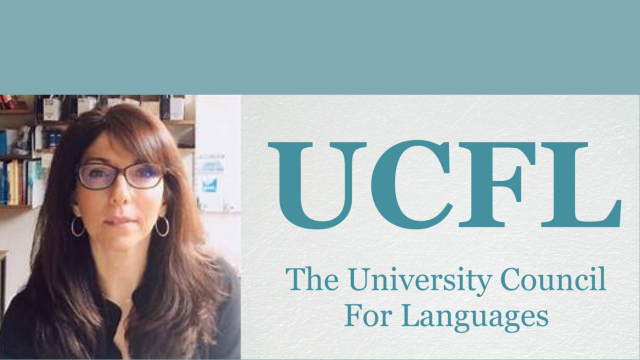-
QUALIFICATIONS
- For Linguists Worldwide
- For UK Public Services
- Preparation
- Policies & Regulation
-
MEMBERSHIP
- Join CIOL
- Professional Membership
- Affiliate Membership
- Chartered Linguist
- Already a member?
- Professional conduct
- Business & Corporate Partners
-
LANGUAGE ASSESSMENTS
- English
- All Other Languages
-
CPD & EVENTS
- Webinars & Events
- CIOL Conferences
- Networks
- CIOL Mentoring
-
NEWS & VOICES
- News & Voices
- CIOL eNews
- CIOL Awards
- The Linguist Magazine
- Jobs & Ads
-
RESOURCES
- For Translators & Interpreters
- For Universities & Students
- Standards & Norms
- CIOL & AI
- All Party Parliamentary Group
- In the UK
- UK Public Services
- Find-a-Linguist
Why get a Qualification?

When I first received my Masters in Interpreting, I was very proud of myself for completing a challenging course. But I wrongly assumed that a Masters would be enough to cover any kind of work that I might want to do.
When I first heard of the DPSI, I thought, I have a Masters degree that cost a lot of money, why do I need to pay even more money for another qualification? It was 2013 and many of the courts were accepting interpreters without DPSI qualifications or NRPSI membership. Why spend all that time taking a really challenging test with a famously low pass rate? Moreover, my CV looked pretty good in terms of translation—I had experience in environmental translation, computer science, and a few other areas. Nothing special, but still enough to take on a range of different jobs.
I started studying for the DPSI because I thought it would improve my chances of getting work in the interpreter trainer field. I enjoy teaching a lot, but I can’t claim to be experienced in the field without years of experience in the courts or, better yet, a certificate that proves my depth of knowledge in the legal field. Eventually I realized I needed the DPSI because in the long run it opened doors to better paid work.
In the short run, it took a lot of time to prepare. The DPSI test itself cost hundreds of pounds and then I had to take one module a second time. The DPSI did not open any doors on its own - I still needed to get NRPSI membership. After two attempts and 400 hours of public service interpreting work, the NRPSI accepted my application, and I was added to the register. But once I had both the DPSI and was on the NRPSI list, things really turned around. The amount of work an interpreter/translator gets varies per language pair, but I’m seeing regular offers for well-paid work, and I am confident to take on more difficult texts like medical records and contracts thanks to the CPD I did to qualify for NRPSI membership.
Now I have multiple specialisms: law, patents, medicine, and independent film. I am in the position of being able to accept the work that looks interesting to me, and turn down any work that pays poorly, looks too hard, or looks uninteresting. This wouldn’t have been possible without my CPD and qualifications.
Find out more about the CIOLQ Diploma in Public Service Interpreting here.
Michelle Deeter MA, MCIL is a member of the Chartered Institute of Linguists holds the CIOLQ DPSI in Chinese (Mandarin) and is a NRPSI Registrant.
For more on Michelle see her LinkedIn profile here.
Views expressed on CIOL Voices are those of the writer and may not represent those of the wider membership or CIOL.
More
The Chartered Institute of Linguists (CIOL), Incorporated by Royal Charter, Registered in England and Wales Number RC 000808 and the IoL Educational Trust (IoLET), trading as CIOL Qualifications, Company limited by Guarantee, Registered in England and Wales Number 04297497 and Registered Charity Number 1090263. CIOL is a not-for-profit organisation.








